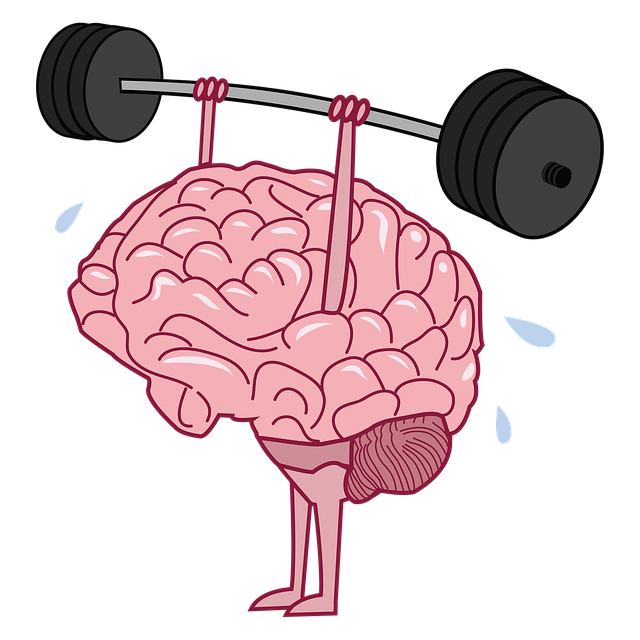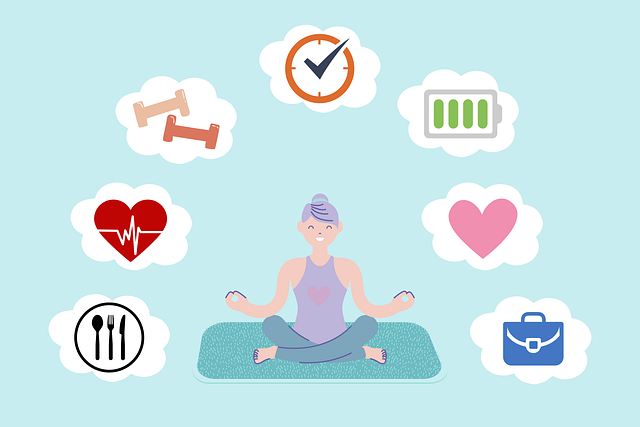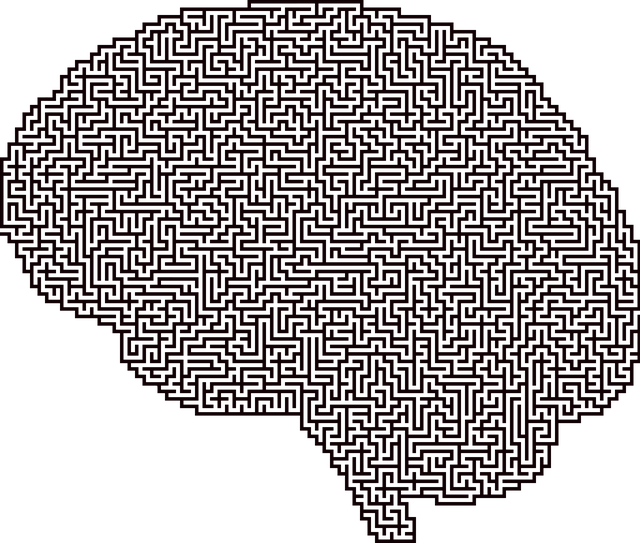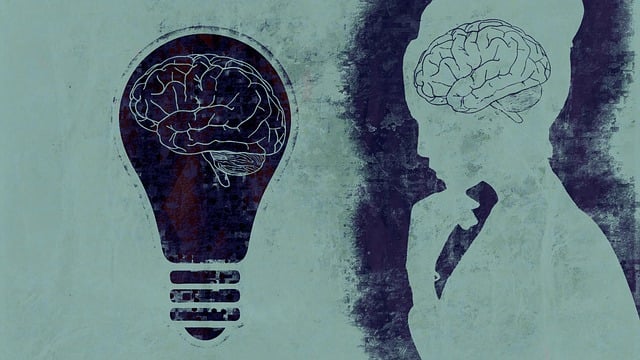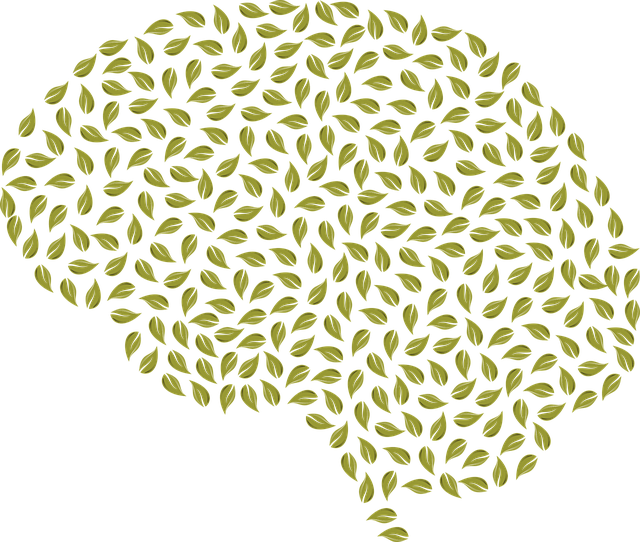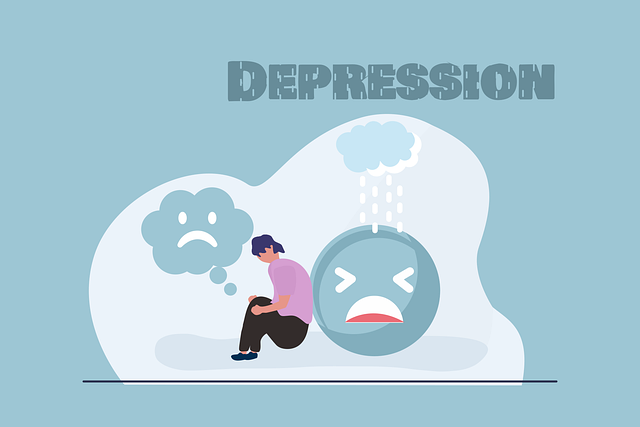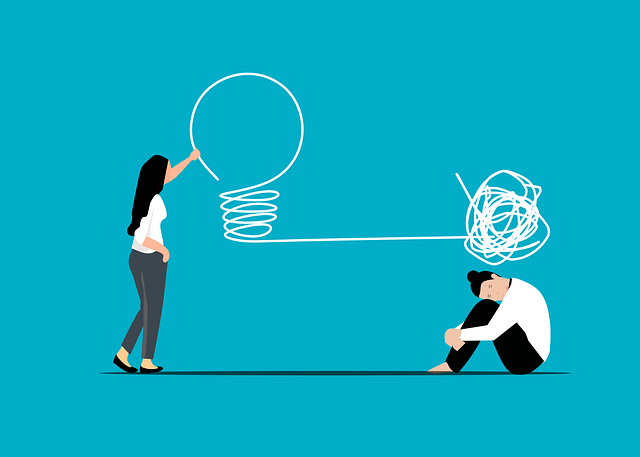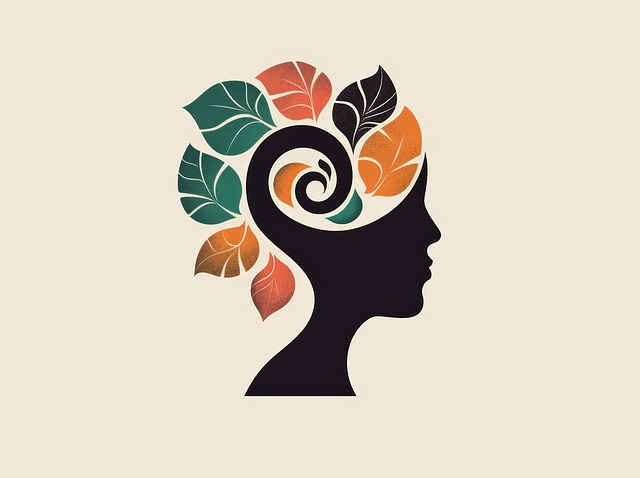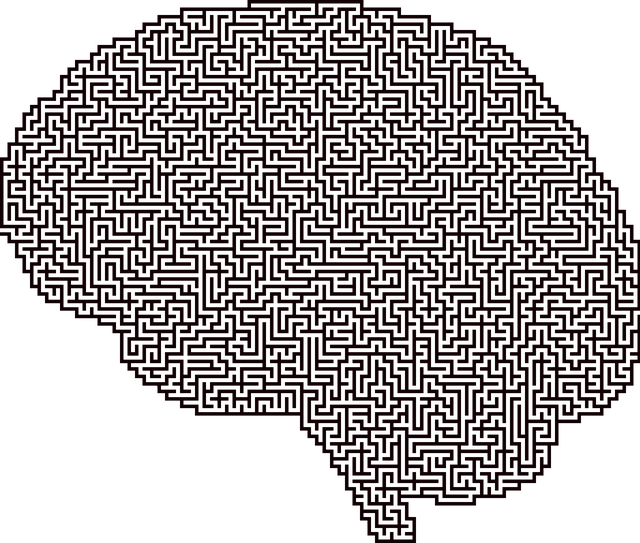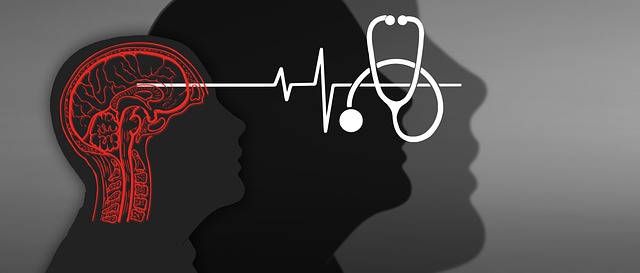Mental wellness is key to overall well-being, combating stress, anxiety, and depression. Louisville Codependency Therapy offers effective tools like journaling for self-awareness and emotional healing. By reflecting on thoughts and experiences, individuals can identify unhealthy patterns, build self-esteem, and gain insights into relationships. Regular journaling with LCT techniques enhances personal growth, develops healthier coping mechanisms, and provides long-term anxiety relief.
Mental wellness journaling is a powerful tool to navigate life’s challenges. In this article, we explore how Louisville Codependency Therapy techniques can transform self-reflection into an effective mental health practice. We’ll delve into the benefits of journaling for understanding and managing daily life stressors. Through practical tips and strategies, you’ll discover how to harness its potential, fostering growth and improved well-being.
- Understanding Mental Wellness and Its Impact on Daily Life
- Journaling as a Therapeutic Tool for Self-Reflection
- Incorporating Louisville Codependency Therapy Techniques into Your Journal
- Tips and Strategies for Effective Mental Wellness Journaling
Understanding Mental Wellness and Its Impact on Daily Life

Mental wellness is a vital aspect of our overall well-being, encompassing our emotional, psychological, and social health. It affects how we think, feel, and act in our daily lives, impacting our relationships, work performance, and overall quality of life. Understanding mental wellness is crucial for navigating the challenges of modern living, especially in cities like Louisville where codependency therapy has gained prominence. This form of therapy helps individuals break free from unhealthy patterns and foster healthier relationships.
The impact of poor mental wellness can be profound, leading to increased stress, anxiety, and even depression. It may hinder our ability to make sound decisions, manage emotions effectively, and maintain positive relationships. Conversely, prioritizing mental wellness through practices like journaling, self-esteem improvement, and cultivating positive thinking can significantly enhance our resilience and overall life satisfaction. Techniques such as those offered in Louisville codependency therapy aim to equip individuals with the tools needed for anxiety relief and fostering a more balanced mindset.
Journaling as a Therapeutic Tool for Self-Reflection

Journaling has emerged as a powerful therapeutic tool for self-reflection and mental wellness. By putting pen to paper, individuals can explore their thoughts, emotions, and experiences in a safe and private space. This act of recording one’s inner world is particularly beneficial for those dealing with codependency issues, as it encourages self-awareness and personal growth. Through Louisville Codependency Therapy, professionals guide clients in using journaling as a means to gain insights into their relationships, behaviors, and triggers, fostering a deeper understanding of themselves.
Regular journaling practices can help in processing past traumas, enhancing self-esteem, and even preventing depression. By confronting and reflecting on personal challenges, individuals can develop coping strategies, promote emotional healing, and cultivate a more positive mindset. The process allows for clear thinking, better decision-making, and improved overall mental health, making it an accessible and effective complement to traditional therapy sessions, including Trauma Support Services, Self-Esteem Improvement programs, and Depression Prevention initiatives.
Incorporating Louisville Codependency Therapy Techniques into Your Journal

Incorporating Louisville Codependency Therapy (LCT) techniques into your mental wellness journal can significantly enhance self-awareness and personal growth. LCT focuses on identifying and modifying unhealthy patterns, a process that can be deeply reflective when applied to journaling. Start by dedicating a section in your journal for exploring codependent behaviors—both those you exhibit and those you observe in others. This practice encourages critical thinking about relationships and triggers, fostering Mind Over Matter principles.
For instance, consider using your journal to create a risk management plan, a key component of LCT. Identify situations or people that trigger anxiety or other negative emotions, then outline strategies to navigate these challenges. Regularly reviewing and updating this plan can serve as a powerful tool for managing mental health, contributing to long-term Anxiety Relief. Through consistent journaling, you can develop healthier coping mechanisms while maintaining a clear understanding of your emotional triggers.
Tips and Strategies for Effective Mental Wellness Journaling

Mental wellness journaling can be a powerful tool for self-reflection and growth. To make it effective, incorporate specific tips and strategies. Firstly, set a consistent journaling routine, dedicating a few minutes each day to explore your thoughts and emotions. This consistency builds momentum and allows for deeper insights over time.
Use prompts that resonate with you, such as tracking moods, identifying triggers, or exploring gratitude. Incorporate free-writing to let thoughts flow without judgment. Consider incorporating Louisville Codependency Therapy techniques to gain unique perspectives on interpersonal dynamics influencing your mental wellness. Remember, effective journaling involves active participation and a willingness to delve into both positive and challenging experiences. Additionally, explore Mental Wellness Coaching Programs Development for structured guidance while cultivating coping Skills Development tailored to your needs. Cultural Sensitivity in Mental Healthcare Practice can also enhance your understanding of diverse perspectives, enriching your journaling journey.
Mental wellness journaling is a powerful tool that combines self-reflection with therapeutic techniques, such as those found in Louisville Codependency Therapy. By regularly documenting thoughts and emotions, individuals can gain valuable insights into their mental health, identify triggers, and develop healthier coping mechanisms. Through this practice, folks are empowered to navigate life’s challenges with increased resilience and a deeper understanding of themselves, ultimately fostering better overall well-being.
